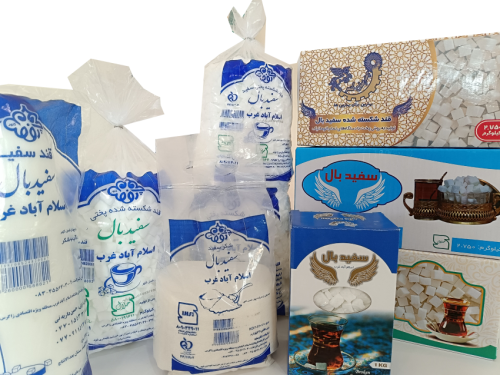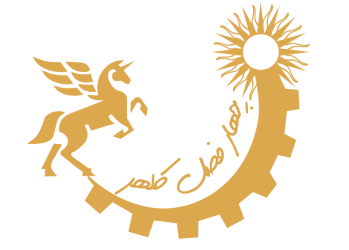Sugar production is considered a fundamental and key industry in the food sector of any country. This process is based on extracting sugar from natural sources such as sugarcane and sugar beet and involves various stages, which are explained below.
1. Sources of Sugar
- Sugarcane: One of the primary sources of sugar production. Sugarcane is a tropical plant cultivated in various regions around the world.
- Sugar Beet: Another source for sugar production, grown in cooler regions. The sugar extraction process from sugar beet is somewhat different from that of sugarcane.
2. Production Stages
-
Planting and Harvesting: In the first stage, sugarcane or sugar beet is planted and harvested at the appropriate time.
-
Pressing: After harvesting, the sugarcane or sugar beet is pressed using specialized machines to extract the sugar.
-
Refining: The extracted sugar must be refined to remove impurities and improve quality. This stage may involve boiling and the use of specific chemicals.
-
Crystallization: After refining, the sugar crystallizes. These crystals are formed through processes like evaporation and heating.
-
Packaging: Finally, the produced sugar is packaged and made available in the market.
3. Economic Importance
The sugar production industry holds significant economic importance. It not only helps create jobs but also plays a crucial role in food supply and increasing added value in the economies of countries.
4. Challenges
Despite the importance of this industry, there are challenges in sugar production, including:
- Climate Change: Weather conditions can affect the quality and quantity of harvests.
- Competition with Other Sources: With the increasing demand for alternative sweeteners, the sugar industry must innovate.
Conclusion
As a key industry, sugar production has a significant impact on the economy and food supply needs. By optimizing processes and addressing challenges, improvements in this industry can be achieved.
Four Seasons Kaleh Company
Four Seasons Kaleh is one of the reputable manufacturers in Iran specializing in the production of sweets and chocolates as well as legumes and grains. The company aims to provide a diverse range of high-quality products to the market by utilizing advanced technology and quality raw materials.
1. Products
-
Sweets and Chocolates: Four Seasons Kaleh offers a variety of sweets and chocolates, aiming to capture the attention of consumers of all ages. These products may include dark and milk chocolates, various types of candies, and traditional Iranian sweets.
-
Legumes and Grains: The company is also involved in the production and supply of legumes and grains. Products include lentils, peas, chickpeas, rice, and other grains, all produced using the best raw materials.
2. Quality and Standards
Quality is one of the main priorities of Four Seasons Kaleh. The company adheres to health and production standards to offer its products to the market, always striving to satisfy its customers.
3. Innovation and Technology
Four Seasons Kaleh places great importance on employing innovative technologies in its production processes. This approach ensures that the company’s products remain fresh and high-quality, effectively meeting customer needs.
4. Environmental Commitment
The company aims to pay attention to environmental issues at every stage of production. Sustainable practices and waste reduction are among its efforts to preserve the environment.
5. Social Responsibility
Four Seasons Kaleh is committed to social responsibility, creating job opportunities in the community, and supporting local farmers. The company strives to contribute to sustainable development and improve the quality of life.
Conclusion
With a focus on producing high-quality products in the fields of sweets, chocolates, legumes, and grains, Four Seasons Kaleh has become one of the prominent names in Iran's food industry. Through its efforts towards innovation and continuous improvement, the company is deserving of its customers' trust and continues to pursue its vision for growth and sustainable development.


 Processing industries: food packaging, concentrates
Processing industries: food packaging, concentrates
 Four Seasons Kaleh Company
Four Seasons Kaleh Company